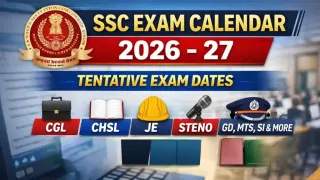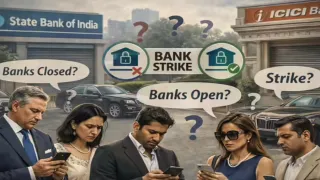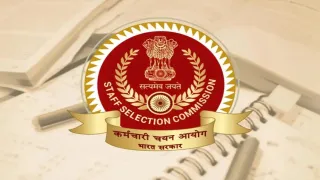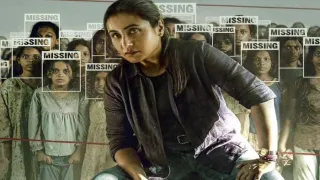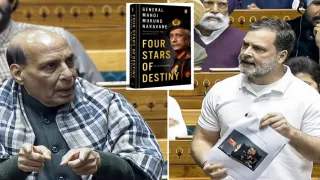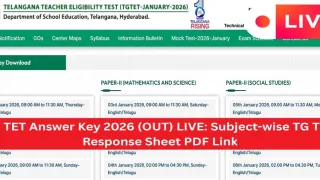In a world where misinformation spreads like wildfire, even high-profile families are not immune to the damaging effects. Aaradhya Bachchan, the 13-year-old daughter of Bollywood power couple Aishwarya Rai Bachchan and Abhishek Bachchan, is currently at the heart of a legal battle against online platforms that have allowed the circulation of harmful and misleading content about her.
Aaradhya Bachchan Files High Court Petition to Remove Misinformation Online
In a brave step towards protecting her privacy and dignity, Aaradhya has moved the Delhi High Court, seeking the removal of false and defamatory content circulating across the internet. This includes videos and articles that misrepresent her health, falsely claiming she was critically ill or had even passed away. The case, which has garnered significant attention, was brought before the High Court with a request for a summary judgment to ensure the swift removal of such damaging content.
The Delhi High Court, showing a firm stance against the spread of such malicious misinformation, issued notices to several key parties including Google, Bollywood Times, and other online platforms. These platforms are being asked to take immediate action against the circulation of harmful content, with the next hearing set for March 17, 2025. This follows a prior ruling from April 2023, where the Court directed Google to take down deceptive videos and disclose the entities responsible for uploading such false information.
Justice C Hari Shankar, in a stern ruling, condemned the circulation of misleading videos about Aaradhya’s health, emphasizing that spreading such rumours about a minor is 'entirely unacceptable in law.' He highlighted that every child, irrespective of their family background, deserves dignity and respect, both in the real world and online.
The Court had previously instructed Google to not only remove misleading videos but also implement mechanisms to swiftly flag and take down any future content that spreads false information about minors. In addition, the central government was directed to impose restrictions on accessing such material, emphasizing the importance of a robust regulatory framework for online platforms.
How to Stay Safe and Responsible in the Digital Age
As social media and online platforms become more integral to our daily lives, the question arises: How do we protect ourselves and our loved ones from the harmful consequences of online misinformation? Here are some precautions that individuals, especially minors and their families, can take to safeguard their privacy and dignity in an increasingly connected world:
1. Monitor and Control Online Presence
Being proactive about monitoring your online presence is the first step toward protecting yourself. Regularly search your name or the name of loved ones on search engines to check if there is any misleading or harmful content about you. If you come across anything suspicious, take immediate action by reporting it to the relevant platforms.
2. Use Privacy Settings on Social Media
Always adjust privacy settings on social media accounts to limit who can see your posts, pictures, and personal information. Social platforms like Facebook, Instagram, and Twitter allow you to restrict access to your content, ensuring that only your chosen audience has access to your details.
3. Report Fake News and Misinformation
If you come across fake news or harmful rumours, use the reporting features available on social media platforms to flag and report misleading content. Many platforms now have measures in place to address and take down false information quickly, especially if it violates their community guidelines.
4. Educate Yourself and Others
Understanding how misinformation spreads and learning to distinguish credible sources from unreliable ones is crucial in today’s digital age. Be cautious of clicking on sensational headlines and always cross-check information before sharing it. Encourage your friends and family to do the same.
5. Legal Protection
If you're the victim of harmful misinformation, remember that the law is on your side. As demonstrated by the Delhi High Court’s intervention, individuals have the right to take legal action against those spreading false information. Platforms and individuals who violate your privacy can be held accountable under the law.
6. Seek Professional Help
If misinformation is causing serious harm to your reputation or mental well-being, consider consulting a lawyer or a professional to understand your legal options. Legal professionals can help you navigate the complexities of online defamation and offer advice on how to proceed with removing harmful content.
7. Be Cautious of Public Sharing
Think twice before sharing sensitive information or personal moments publicly. Even innocuous pictures or posts can be misused or misinterpreted by others. If you must share personal details, consider limiting the scope of the audience.
In the end, it’s not just about protecting celebrities or public figures—it's about ensuring that everyone can navigate the digital landscape safely, with their privacy intact. As we move forward, we must all remain vigilant and foster a culture of digital responsibility, one that respects the rights and dignity of every individual.















